
|
NCCS Newsletter February 2023
|
|
|
Open-access CO₂ data is essential for accelerating CCS deployment
|

|
An open, international exchange of knowledge and data will be essential for accelerating the deployment of CCS technology at the necessary scale. CO₂ DataShare is a digital portal for sharing reference data sets from ongoing and emerging CCS projects. We are thrilled to announce that from 2023, the project will be an active part of NCCS.
|
|
|
|
CO₂ DataShare side event at CLIMIT Summit 2023
|
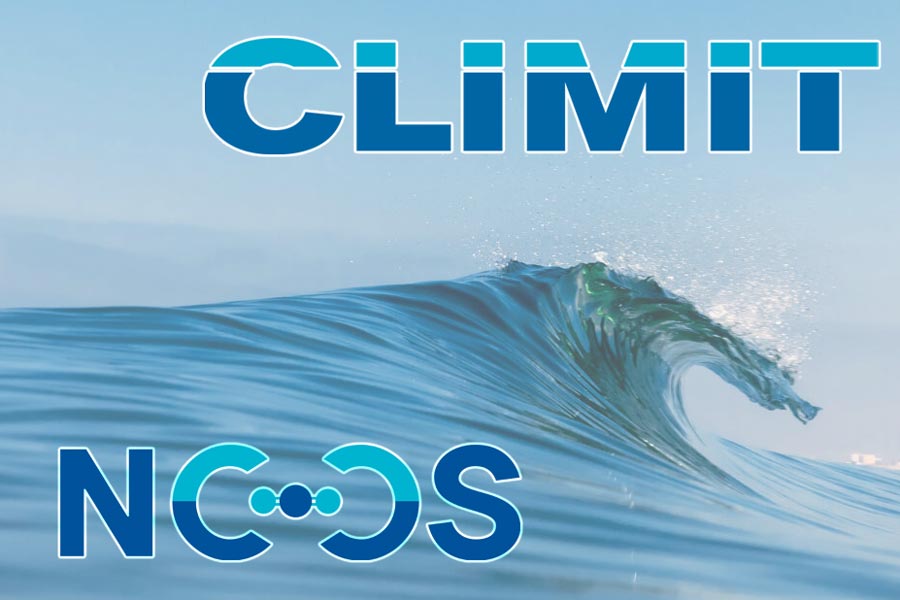
|
This side-event at the CLIMIT Summit 2023, facilitated by NCCS, will address the value of sharing research and industry data through the CO2 DataShare project, and discuss opportunities and challenges related to data sharing.
|
|
|
|
Danish ambassador to Norway visits SINTEF to discuss hydrogen and CCS activities
|
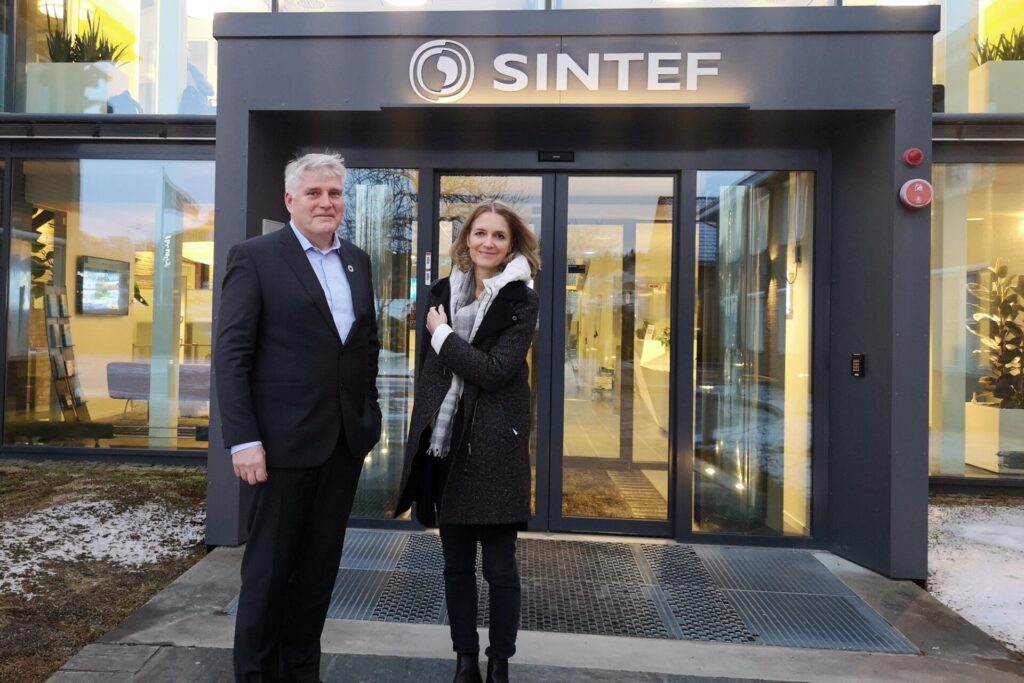
|
On 27 January 2023, Danish Ambassador to Norway Louise Bang Jespersen visited SINTEF’s offices in Trondheim to discuss SINTEF’s activities in hydrogen and CCS.
|
|
|
|
Characterization of a fault zone in a natural geologic CO₂ storage analogue
|
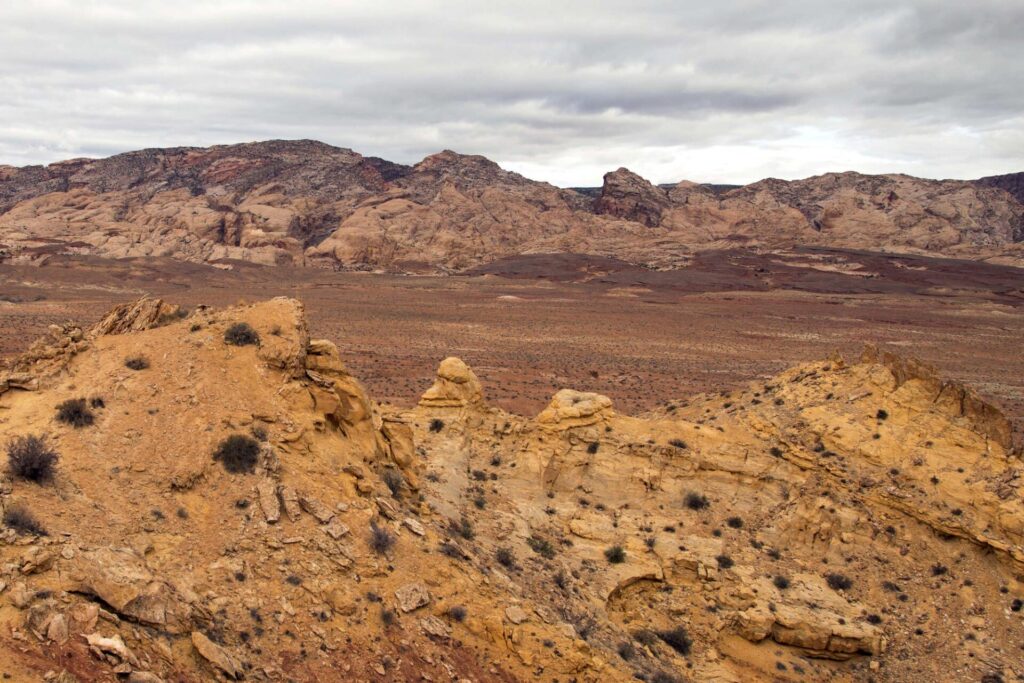
|
|
|
|
|
Germany and Norway announce plans to strengthen collaboration on CCS
|
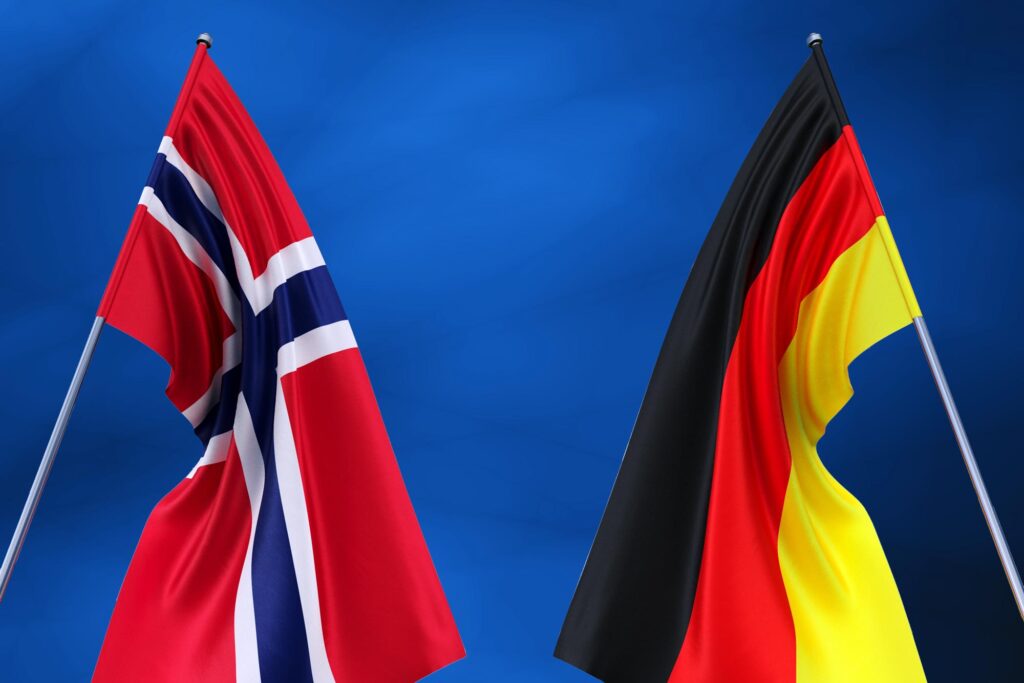
|
On 5 January, Norway and Germany released joint statements on their intent to strengthen their collaboration on several areas related to renewable energy and green industry. CCS was one of the technologies specified in the statement, as well as hydrogen, offshore wind power, green shipping and batteries.
|
“These are areas where Norway can make significant contributions to the green transition underway in Germany and in Europe, and importantly, where we can develop jobs and economic opportunities for future generations,” said German Vice Chancellor Robert Habeck during a speech he made in Oslo on the same day.
|
|
|
|
“We must capitalise on CO₂ storage – ASAP” write NCCS and HYDROGENi directors
|
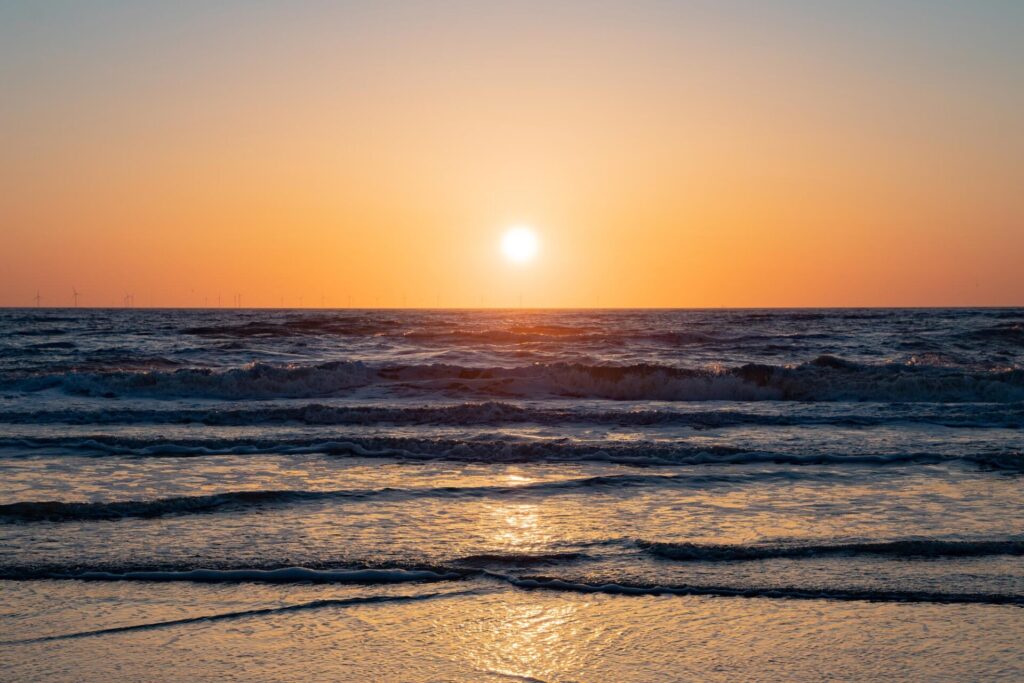
|
CO₂ emissions have now become so expensive, and climate technologies so affordable, that CO₂ emissions from industrial processes can now be handled on a commercial basis. Therefore, countries, industry actors and researchers need to collaborate to find more CO₂ storage sites.
|
“It must soon become profitable to both find and then operate CO₂ storage sites. Otherwise, the “CCS train” will leave the station too late to save the climate,” write NCCS Director Mona Mølnvik and HYDROGENi Director Nils Røkke.
|
|
|
|
#throwbackthursdays
|
NCCS has a high level of activity, both in the form of research excellence and industry collaboration, as well as political influence, education and outreach. In order to keep our followers up to date on the work we have carried out, we are launching #throwbackthursday on our LinkedIn to reshare some of the highlights from the past six years.
|
Here's what we've shared since the last newsletter:
|
- The Longship that could help save the planet
This episode of Nancy Bazilchuk's 63 Degrees North podcast is all about the Norwegian government's Longship project, and the history of CCS in Norway, featuring Mona Mølnvik, Olav Bolland and Philip Ringrose.
|
- Climate emergency: The role of law in CCS deployment
Legal rules are as important as economic factors and technical solutions for the deployment of #CCS technologies in solving the climate emergency. This seminar features a panel of legal experts and is led by Catherine Banet.
|
- Climate researchers in Trondheim never gave up the fight for CO₂ capture and storage
Trondheim has a long history of CCS. It's also home to NCCS (and its predecessor BIGCCS), and this year will host the twelfth Trondheim CCS conference (TCCS-12) - a globally leading CCS conference organised through NCCS. This NRK article tells the story of how Trondheim became the
|
- The safety of CO₂ storage
Over its years of development, CCS has faced questions about its technical feasibility and safety. This blog post draws on scientific research to address the key issues of safety and risk of a full-scale CCS implementation in Norway.
|
|
|
|
|
|